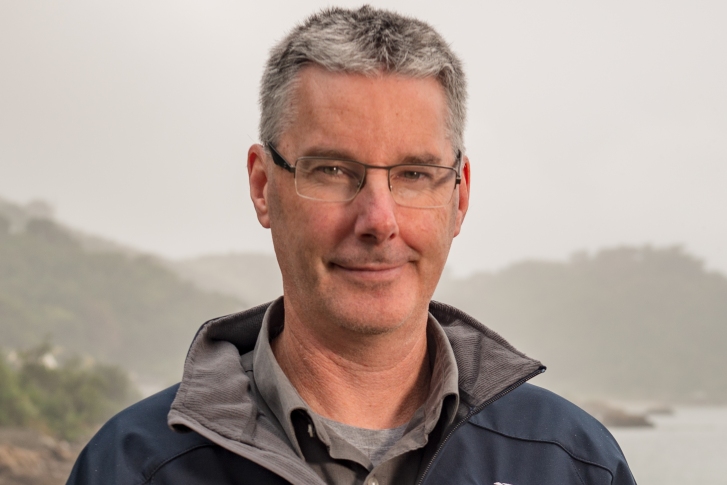A new $7.2 million research project is about to look into New Zealand's future in a changing climate.
Led by NIWA and Landcare Research, the four-year study will model the impacts of climate change on ecosystems, environments, land and water use, our economy and society out to the turn of next century.
Co-leaders Dr Andrew Tait, of NIWA, and Dr Daniel Rutledge, of Landcare Research, say the influence of greenhouse gases on broad climate trends is now well understood, but there is still much to learn about regional and local climate variability and trends in New Zealand. "Our oceanic setting and complex topography – along with modes of natural climatic variability, such as the Southern Annular Mode (SAM), the Interdecadal Pacific Oscillation (IPO), and the El Niño-Southern Oscillation (ENSO) – complicate the climate response."
They point out, for example, that although New Zealand has warmed by about 0.9°C over the last century, a trend towards more southerly flows since about 1960 has slowed the rate of warming.
"So taking account of how these atmospheric circulation changes – and their associated influences on local rainfall patterns, flood and drought frequency and climatic extremes – affect ecosystems and natural resources is vital for improving our understanding of potential climate change impacts on the environment and the associated implications for the economy and society."
The study's findings will help guide New Zealand's climate change policy response and decision-making.
Complementary research projects will:
- update and improve regional-scale projections of climate trends and variability across New Zealand out to 2100, based on the latest global projections
- assess likely impacts, environmental pressure points and potential policy and management implications for five important environments: alpine and high-elevation native forest ecosystems; high- and hill-country; lowlands; coastal and estuarine ecosystems and oceanic food webs
- identify interactions between climate change and other key drivers, and their cumulative impacts, by integrating projections from climate, biophysical, economic, demographic, land-use change, freshwater and stakeholder models
- develop new ways to generate, translate, share and apply climate change knowledge with stakeholders.
The project will also involve researchers from AgResearch, Victoria University, Bodeker Scientific, Motu Economic Research, Plant & Food Research, Scion and the University of Waikato.
Tait and Rutledge say it's an exciting project that will, for the first time in New Zealand, examine potential climate change impacts on New Zealand's economy, environment and society in an integrated and coordinated way.
"We've assembled what we feel is a 'New Zealand best' research team," they say.

